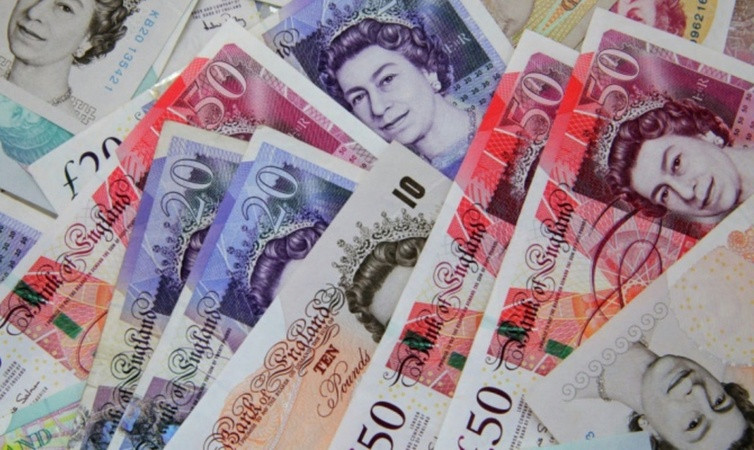
The pound is in anticipation of one of the most important events that determine its further dynamics - the meeting of the Bank of England. Experts believe that in the current situation, complicated by the negative consequences of the COVID-19 pandemic, the pound should not expect positive news.
According to analysts, in the near future, neither the British economy nor the currency of the United Kingdom should hope for a fast recovery. Many experts predict a significant decline in the pound in the short and medium-term.
Since the beginning of this week, the pound has been steadily declining against the dollar. Earlier, at the junction of April and May, sterling sank sharply, losing about 80 points last Friday ending at around 1.2508. On Wednesday, May 6, the GBP / USD pair is trading near 1.2377–1.2378, actively resisting the downward pressure.
The key driver of the pound decline was information on manufacturing activity in the UK. The disappointing April data damped the flushed optimism of pound buyers, virtually nullifying it.
Recall that last month, the PMI supply managers index for the UK manufacturing sector fell to 36.6 points, which is much lower than the 47.8 points recorded in March. Such a critical reduction (below 50 points) indicates a sharp decline in economic activity. The current situation knocks the soil out from under the pound's feet, bringing down the already weakened GBP quotes.
The upcoming meeting of the Bank of England adds to the stress of the current situation. Many expect the regulator to extend the bond purchase program by £ 200 billion at least until July 2020. Traders also fear that the Bank of England will have to take extreme measures, including launching a monetary stimulus program. If this scenario is realized, pressure on the pound will increase significantly, experts warn.
In the near future, concerns about the economic and inflationary downturn in the United Kingdom, tormented by the fight against the negative consequences of COVID-19, will intensify. Market participants expect a worsening economic situation in the country. Negative sentiment is fueled by gloomy forecasts regarding activity data in the UK services sector. Recall that this industry accounts for about 80% of national economic growth. Experts expect a large-scale collapse of indicators, which does not add optimism to the pound, leading its quotes into the negative zone.
The sword of Damocles hanging over sterling and threatening him with another subsidence remains a high probability of the unpersuaded Brexit. Last week, EU leaders once again stated the fact that negotiations between the European Union and Great Britain regarding the country's exit from the Euroblock have reached an impasse. Experts do not exclude that this "division" process will become a key factor in the long-term weakness of GBP / USD, despite the active resistance of the pound. Analysts say that sterling is opposed to powerful economic and political pressure, but in the short term, its weakening will increase.





















